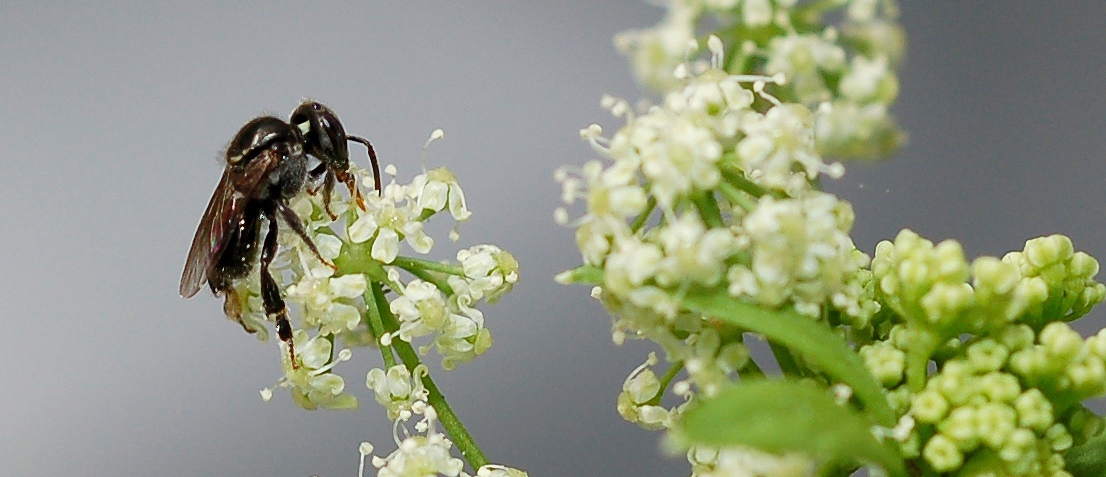Take part in a survey to help develop alternative pollinators for horticulture
Honey bees are excellent pollinators of many crops, but the burden placed on honey bee health by current pests and diseases is heavy, and the looming threat of a varroa mite incursion makes our reliance on honey bees for pollination decidedly risky.
In this context, The Hawkesbury Institute for the Environment at Western Sydney University is heading up the project Stingless Bees as Effective Managed Pollinators for Australian Horticulture, part of the Hort Frontiers strategic partnership initiative.
The overall objective of the project is to investigate and develop potential alternative native insect pollinators for utilisation in horticultural crops. The leading candidates are stingless bees, because they can be managed in hives just as honey bees are, and moved into crops as required.
There are many parts to this project, including the collection and review of data on the Australian stingless bee industry, with a particular focus on the current and potential use of stingless bees as managed pollinators.
The project team is also asking growers and other horticulture industry members to participate in a separate survey. This survey aims to help the team better understand the needs of growers including their crops’ pollination service requirements and the management practices which may affect insect pollinators.
This project is part of the Hort Frontiers Pollination Fund’s goal of supporting a healthy pollination future and aims to enhance and support existing pollinators, as well as identify the most effective pollination methods for various horticulture crop types.
If you have any questions about the survey or this project, please contact Dr Megan Halcroft at megan@beesbusiness.com.au or on 02 6359 3118.
Photo supplied by the Bee Business project team.
This post appeared in the AUSVEG Weekly Update published 12 June 2018. Subscribe to the Update using our online form to receive the latest industry news in your inbox every week!


